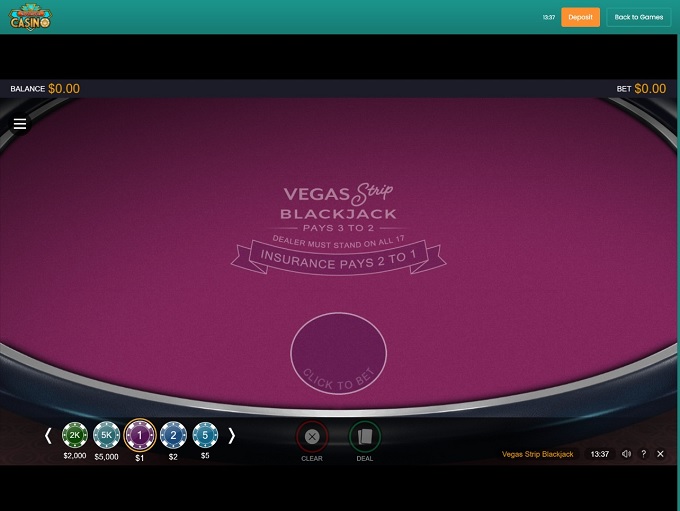The Surge of Student-Driven Encyclopedias: Changing Discovering Landscapes
In the ever-evolving realm of education, where information Qammunity moves perfectly and accessibility to understanding is just a click away, student-driven encyclopedias are emerging as a vibrant device in the knowing process.

These systems not only supply pupils with a repository of info yet additionally motivate them to add, modify, and curate material, promoting a collaborative and interactive understanding setting.
As instructional standards shift in the direction of more participatory and inclusive models, the principle of student-driven encyclopedias symbolizes this change. These platforms encourage students to become energetic individuals in understanding creation, linking the gap between conventional textbook learning and modern-day digital sources.
The Idea of Student-Driven Encyclopedias
Student-driven encyclopedias are digital platforms where students collectively collect, confirm, and share information on a wide variety of subjects. Unlike traditional encyclopedias, which are frequently created by professionals, these systems take advantage of the collaborative initiatives of students to create a comprehensive body of knowledge.

At their core, student-driven encyclopedias are developed to grow important thinking, research skills, and electronic proficiency amongst trainees. By participating in the process of content production, students discover to navigate and assess info seriously, skills that are necessary in today’s information-rich culture.
Furthermore, these systems work as an area for pupils to explore their rate of interests and share their knowledge. This democratic strategy to understanding creation makes certain that a varied variety of perspectives and voices are represented, improving the finding out experience for all participants.
- Pupils acquire hands-on experience in research and material production.
- Urges collaboration and peer interaction.
- Advertises a much deeper understanding of subject.
- Fosters inclusivity and diversity in understanding representation.
Basically, student-driven encyclopedias change trainees from passive recipients of info into active factors, instilling a feeling of possession and duty in their educational trip.
Advantages of Student-Driven Encyclopedias
One of the primary advantages of student-driven encyclopedias is the advancement of important 21st-century skills. As pupils take part in the procedure of web content production, they hone their crucial reasoning, digital literacy, and communication skills, every one of which are crucial in today’s interconnected globe.
Furthermore, these systems motivate a collective learning setting, where pupils can collaborate to validate details, dispute different perspectives, and co-edit posts. This peer-to-peer interaction not just improves discovering end results yet additionally promotes a feeling of neighborhood and mutual regard among students.
Furthermore, student-driven encyclopedias offer a platform for showcasing trainee job. As pupils add to the encyclopedia, they construct a portfolio of their research and writing, which can be invaluable for additional academic and professional pursuits.
Challenges and Limitations

Regardless of the numerous advantages, student-driven encyclopedias also face particular obstacles. Making certain the accuracy and reliability of information is paramount, as these platforms rely on contributions from trainees that may not yet have expert-level understanding.
- Maintaining content top quality and precision.
- Offering appropriate guidance and guidance.
- Guaranteeing fair accessibility and inclusivity.
To alleviate these difficulties, numerous student-driven encyclopedias execute a system of checks and equilibriums, where content is reviewed by educators or professionals before magazine. This guarantees that the info provided is both exact and trustworthy, promoting the integrity of the system.
The Future of Student-Driven Encyclopedias
As innovation remains to advancement and the landscape of education and learning advances, the capacity for student-driven encyclopedias is large. These platforms have the ability to not only complement standard academic sources however likewise redefine the method expertise is obtained and shared.
In the future, we might see student-driven encyclopedias integrating advanced modern technologies such as artificial intelligence and machine learning to boost content curation and personalization. Additionally, they may broaden past textual information to consist of multimedia content, using a more immersive understanding experience.
Equipping the Next Generation
Student-driven encyclopedias hold the pledge of encouraging the next generation of students. By placing pupils at the helm of knowledge development, these platforms encourage lifelong learning, curiosity, and intellectual freedom.
To conclude, as instructional systems continue to introduce, student-driven encyclopedias stand as a testament to the power of collaboration and the importance of student agency in the knowing procedure. By accepting these platforms, we unlock to an extra comprehensive, engaging, and vibrant academic experience for all.









